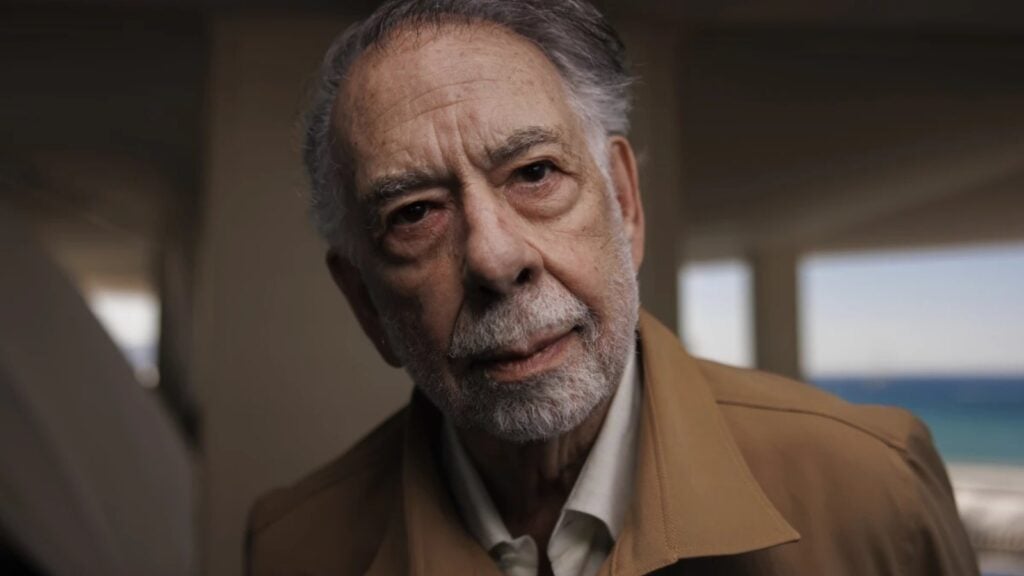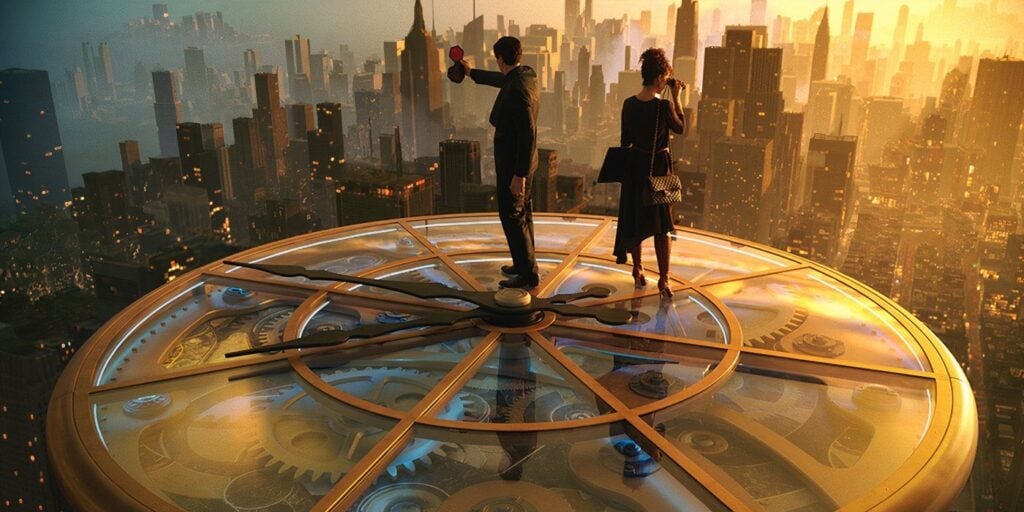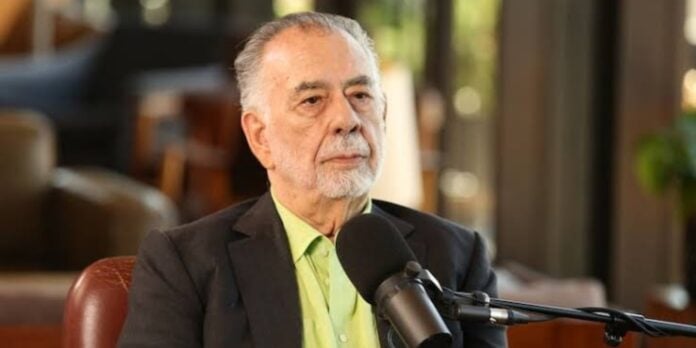Francis Ford Coppola, the legendary filmmaker behind ‘The Godfather’ and ‘Apocalypse Now’, has never shied away from bold creative risks. At 85, with five Academy Awards and a legacy that changed cinema forever, Coppola could have comfortably retired.
Instead, he chose to pour his heart, soul, and, as he recently revealed, the last of his fortune into ‘Megalopolis’, a sprawling, genre-bending sci-fi epic that reimagines ancient Rome through the lens of a futuristic New York. Unfortunately, the movie, despite its star-studded cast and ambitious vision, fell short commercially, grossing just $14.3 million against a $120 million budget.
Francis Ford Coppola Can’t Finance His Other Project Due To The Fallout Of ‘Megalopolis’

In a deeply personal interview with Deadline, Francis Ford Coppola laid bare the immense toll the project has taken on him, financially and emotionally. “I used my last hundred million dollars,” he said. “I know it sounds funny, but usually people who do things like this have a billion dollars. This was my last.” For Coppola, ‘Megalopolis’ wasn’t just a movie; it was the culmination of decades of dreams.
Related: Francis Ford Coppola Thrashes Marvel’s Approach To Cinema
The project, long in the making, is an allegory about societal collapse, power struggles, and the potential for renewal. The film aimed to blend Roman political drama with a futuristic utopia versus dystopia narrative. Critics were divided. However, some praised it as a masterpiece ahead of its time. But the passion came at a cost. Unable to find a traditional studio willing to finance the project, Coppola funded the film himself.
This was possible primarily through the sale and restructuring of his once-thriving wine business. His Francis Coppola Winery, which had long bankrolled his creative ventures, was sold to Delicato Family Wines during a wave of industry consolidation. Coppola retained a 26% stake, which served as collateral to make Megalopolis happen. “It got to a point where if you weren’t a billion-dollar distributor, you were out of the game,” Coppola explained.
“So I was absorbed by this company, and when I made Megalopolis, that 26%, worth upwards of half a billion dollars, was the collateral.” He opened up about the unintended consequences of this gamble. While he’s not facing financial ruin, the failure of ‘Megalopolis’ has made it incredibly difficult to fund his next project, a smaller-scale musical titled Glimpses of the Moon. The movie remains in limbo, waiting for funds that may never materialize.
Francis Ford Coppola Still Has Hopes To Save ‘Megalopolis’

True to form, Francis Ford Coppola hasn’t given up. In fact, he’s turned ‘Megalopolis’ lackluster box office performance into an opportunity for a one-of-a-kind cinematic experience. The film will be screened in a live theatrical roadshow that’s equal parts screening, Q&A session, and musical event. In partnership with Live Nation, Coppola launched a six-city tour to present ‘Megalopolis’ directly to audiences on his own terms.
In case you missed it: “I Admire The Hell Out Of It”: Ethan Hawke Praises Francis Ford Coppola For Prioritising Art Over Money
“I wanted to keep the hope of a theater experience going,” he stated. “So I didn’t make it available anywhere, no DVD, no streaming, because I believed people needed to see it as intended.” The tour has seen surprising success, with multiple dates selling out. “The tickets go into the fund for keeping it alive,” Coppola said. His hope is that word of mouth and communal theatrical experiences can revive interest in ‘Megalopolis.’
For Coppola, this isn’t just a last-ditch effort to salvage a film; it’s about preserving a lifelong philosophy: that cinema is an art form meant to inspire. He’s aware that many didn’t understand Megalopolis at first glance, but he’s not discouraged. “With most of my films, it takes time,” he said. “They don’t always hit immediately, but they endure.”
He also addressed the critical firestorm and media allegations that marred the movie’s release. Feeling unfairly targeted, Coppola even filed a lawsuit against Variety, suggesting that a deliberate campaign sought to discredit him. Whether or not this was true, the public discourse took its toll. Yet, he remains full of quiet hope and conviction.





